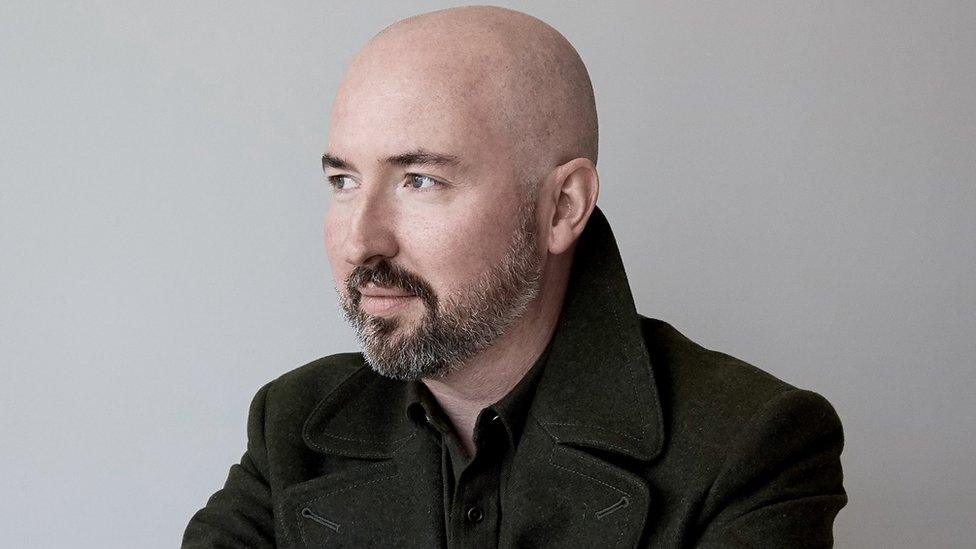Damon Galgut wins Booker Prize with 'gripping' South Africa novel The Promise
- Published
This video has been removed for rights reasons
South African author Damon Galgut has won the prestigious Booker Prize for fiction at the third attempt for his novel The Promise.
Galgut, who was previously nominated in 2003 and 2010, picked up the £50,000 prize at a ceremony on Wednesday.
The Promise is his ninth book and follows the decline of one South African family over four decades from the apartheid era to the present day.
The chair of the judges, Maya Jasanoff, described it as "a tour de force".
"It combines an extraordinary story, rich themes and the history of the last 40 years of South Africa in an incredibly well-wrought package," she said.
"It manages to pull together the qualities of great storytelling, it has great ideas, it's a book that has a lot to chew on, with remarkable attention to structure and literary style."
The author said he was "really profoundly, humbly grateful" for the award.
"I'm not used to winning things," he told BBC Radio 4's Today programme on Thursday. "And I just assumed that would be the case last night.
"Perhaps nobody was more amazed than me when things went my way."

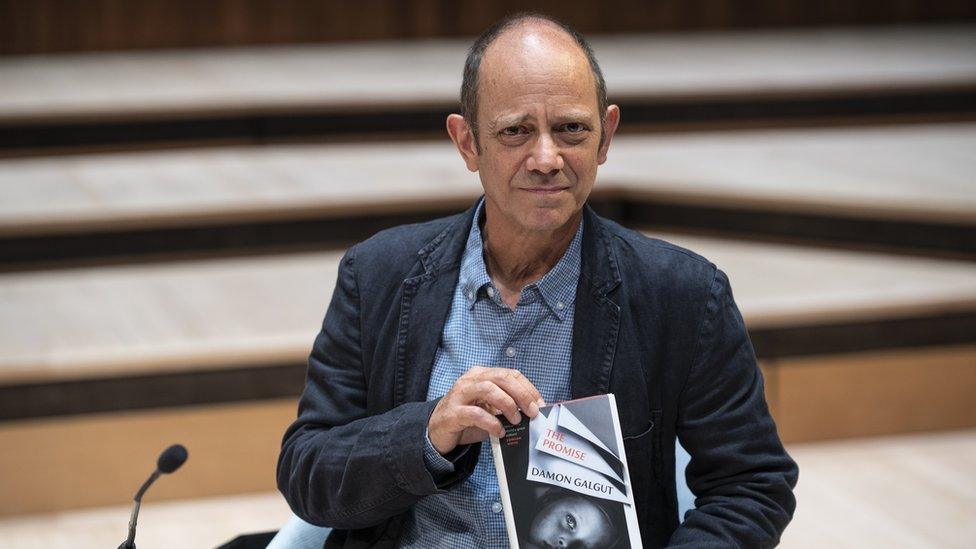
Damon Galgut had been nominated for the Booker Prize twice before
'An outstanding book'
Analysis by Rebecca Jones, BBC arts correspondent
The Promise by Damon Galgut is an excellent winner. In my view it is an outstanding book and it is hard to disagree with the critic who said: "This is so obviously one of the best novels of the year."
Why? On the one hand it is a gripping saga, following the decline and fall of a white South African family over four decades. It is packed with incident - sex, drugs, shootings - and there is drama, discord and death. But there is also plenty of unexpected comedy to lighten the mood. It made me laugh.
On the other hand, through the lens of this one family, The Promise also deftly tells the story of South Africa and its troubled transition from apartheid state to multi-racial democracy. So it is rich with layers and yet it is compact, with fewer than 300 pages.
It is also technically superb. There is an invisible narrator, who acts like a film camera. So you move fluidly from one location to another, from one character's point of view to another, sometimes within the same paragraph or page. At one point we fly into someone's dreams. At another we dive into the feelings of a pack of hyenas and even a family dog.
Damon Galgut nearly died from cancer as a young child. In 2010 he told me it was the central, cataclysmic event of his life. Books provided comfort during his illness. When he finally recovered he was left with the overwhelming need to write. Now he has won one of the biggest prizes in publishing.

The Promise begins in 1986 and revisits the family over the course of four funerals, each in a different decade and at a different point in the nation's journey.
The title refers to a pledge that the white family's black maid would be given the house she inhabits and the land it stands on.
Galgut, 57, grew up in Pretoria and told the Today programme that it also refers to the unfulfilled promise in South Africa after apartheid, the policy of racial segregation and discrimination enforced by the white minority government.
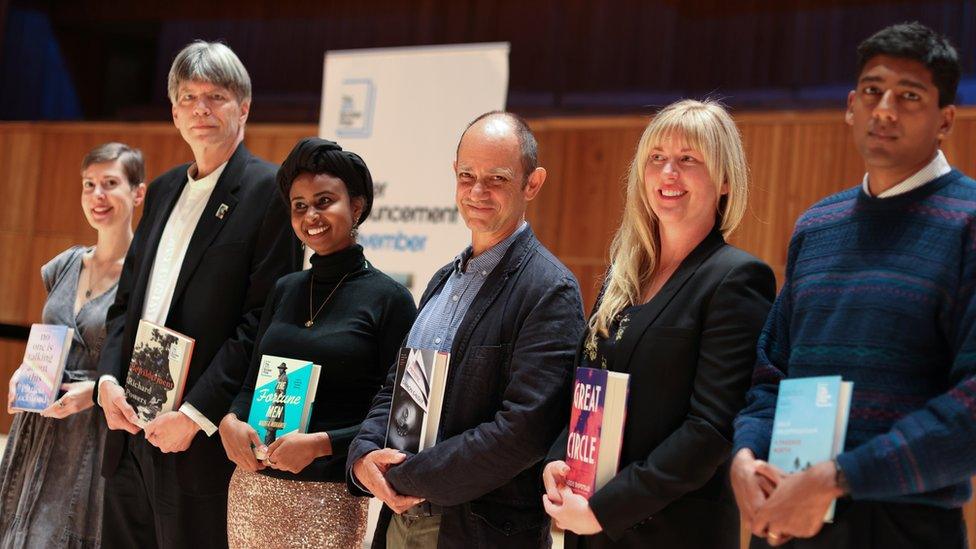
Galgut was one of six writers to be shortlisted for the prize
"I'm far from alone in saying that I think, in 1994, in our first free elections, there was a sense of great promise in the air that South Africa could at last change its course and become a different sort of country, and I certainly don't think that promise has been fulfilled," he said.
The "portrait" his book paints of modern South Africa "is not a happy one", he told reporters after the ceremony.
"I had no agenda in describing it that way, but things are not great with us right now, so you could read that as a warning or a portrait, I don't know, but South Africa has seen better days."
Turn up the volume on Africa
But he said his win was a sign that more attention was being paid to African literature.
"The fact that the Nobel Prize winner this year came from Africa, the fact that the Booker has gone to an African, would suggest that the volume is going up on Africa," he said.
"I hope that's a process that will continue and that people will take African writing a little more seriously, because there's a lot of great writing coming from us."
The Promise was widely praised when it was published in the UK in June, with The Guardian calling it "stunning", The Sunday Times describing it as "bleak but superbly narrated" and The Financial Times declaring it "a complex, ambitious, brilliant work".
The other nominated books were:
Anuk Arudpragasam - A Passage North
Patricia Lockwood - No One Is Talking About This
Nadifa Mohamed - The Fortune Men
Richard Powers - Bewilderment
Maggie Shipstead - Great Circle
Last year's Booker Prize was won by Douglas Stuart for Shuggie Bain. The Scottish author said the victory "changed everything for me", with the novel shooting up best-seller lists as a result and now being adapted into a TV series.
Related topics
- Published14 September 2021
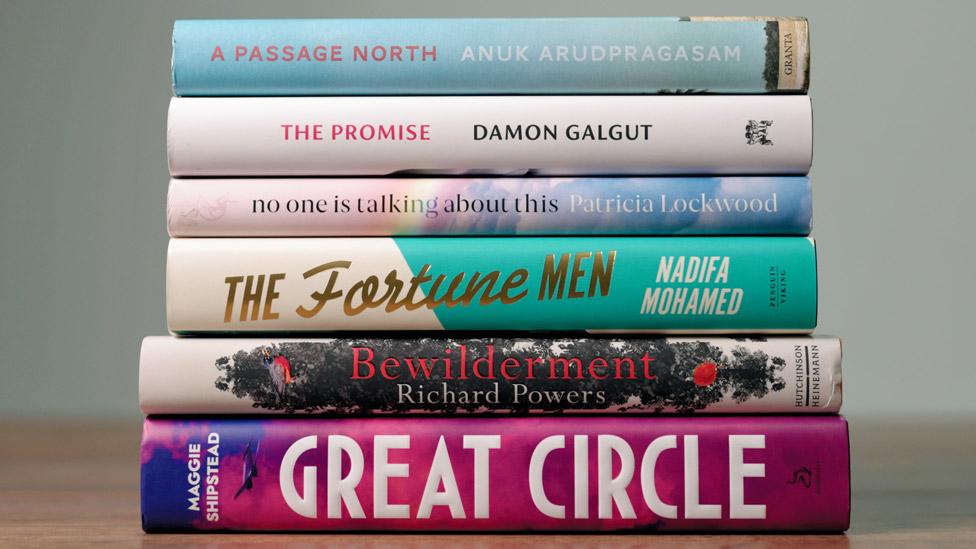
- Published27 July 2021
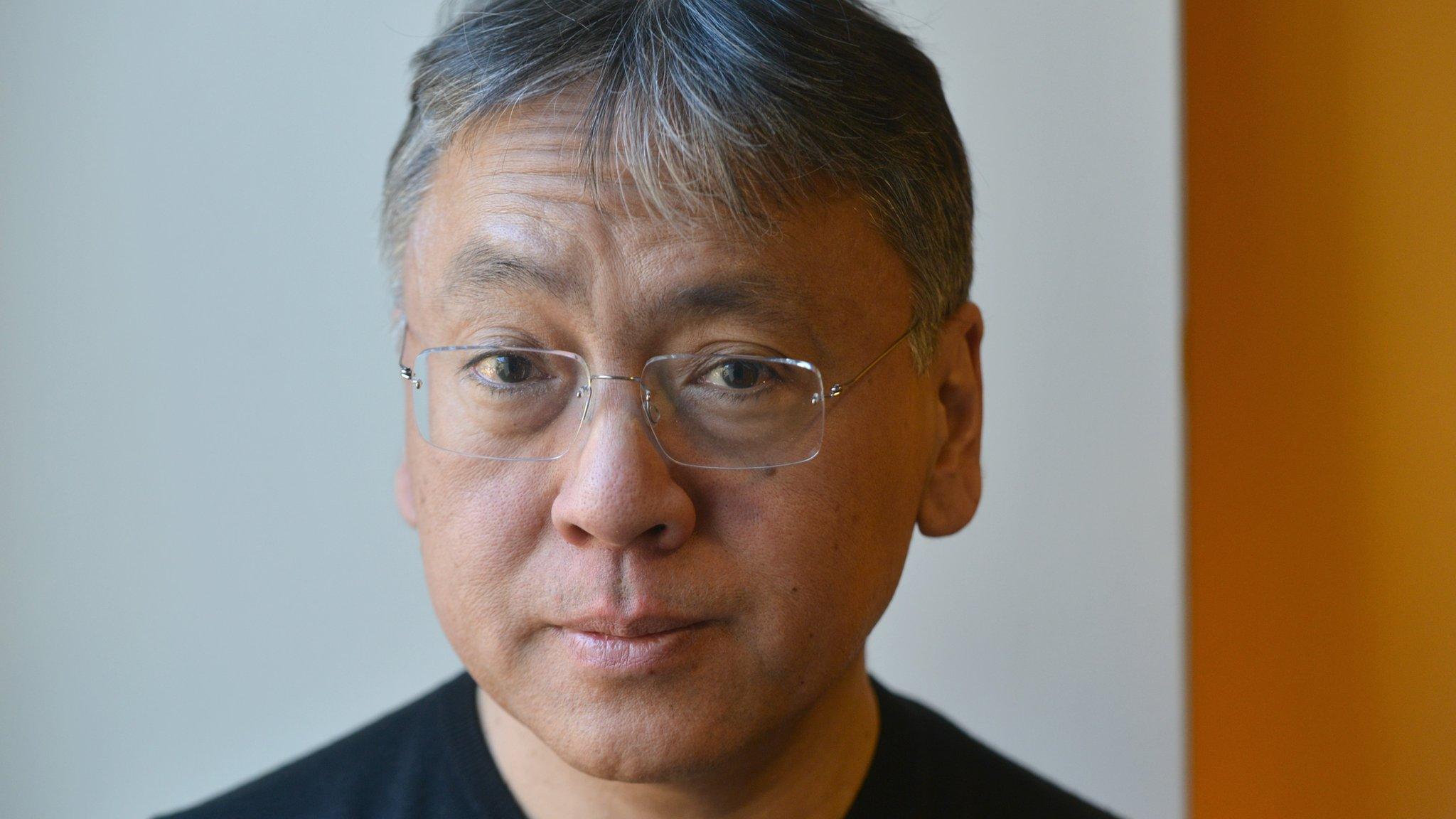
- Published8 August 2021
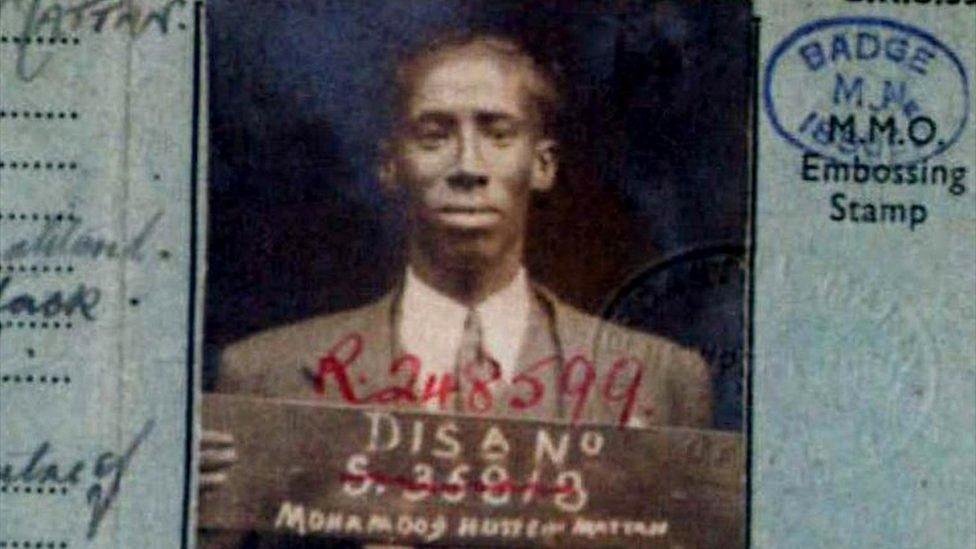
- Published20 November 2020
